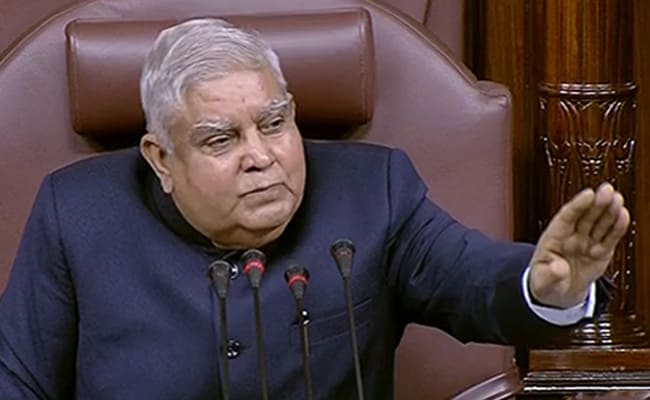Having higher levels of testosterone does not mean men have a higher sex drive, as previously thought — a new study published in the journal Proceedings of the Royal Society B has claimed. Testosterone is a hormone, produced primarily in the testicles of men and in smaller amounts in the ovaries of women. It plays an important role in the development of male secondary sexual characteristics such as body hair growth, and increased muscle and bone mass. While its role in reproductive behaviour has been significantly documented, an international team of researchers led by the University of California, Santa Barbara believe that day-to-day changes in testosterone levels had no real link to sexual desire in men.
“A man experiencing higher-than-usual testosterone concentrations on a given day does not typically exhibit higher-than-usual sexual desire on that same day,” the study stated.
As per the researchers, their study corroborated with prior findings suggesting that men’s sexual desire requires only a threshold amount of baseline testosterone.
Interestingly, the researchers found that there was a positive relationship between testosterone levels and the degree of effort men put into wooing their significant other.
“We propose that the evolved functions of testosterone in human males are more closely associated with courtship efforts than with sexual desire,” the study highlighted.
Also Read | Feeling Sluggish? It Could Be Low Testosterone. Here’s How To Boost It Naturally
How was the study conducted?
41 men aged 18 to 26 of varying relationship statuses (27 single, 14 committed to a partner) were recruited for a 31-day trial. A daily saliva analysis was taken to measure testosterone concentrations with the participants required to fill answers to questions such as: “How much sexual desire did you experience?” “How much effort did you put into attracting a possible romantic and/or sexual partner yesterday?” and “How much did you have sexual fantasies?”
On days when the single men interacted with prospective partners, testosterone concentrations were higher, suggesting more effort was made to seek out a mate.
“Testosterone fluctuations in the normal range may positively predict day-to-day changes in men’s mate attraction efforts among single men, especially given social interactions with potential mates.”
Despite the findings, the researchers said they needed more data to further develop their understanding of the matter.











